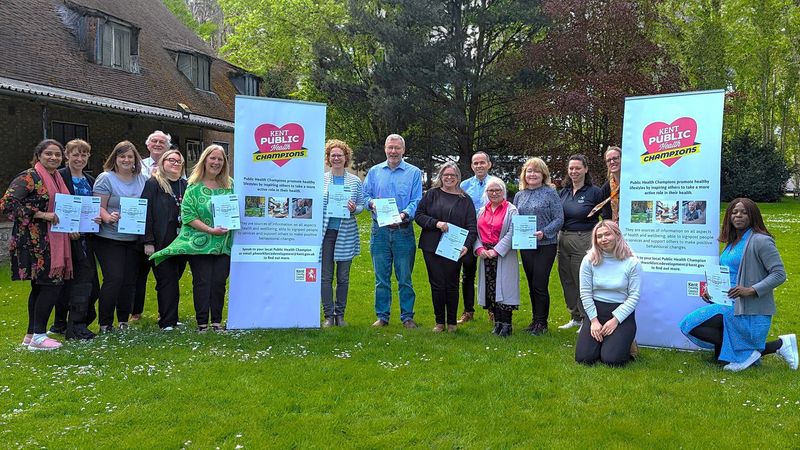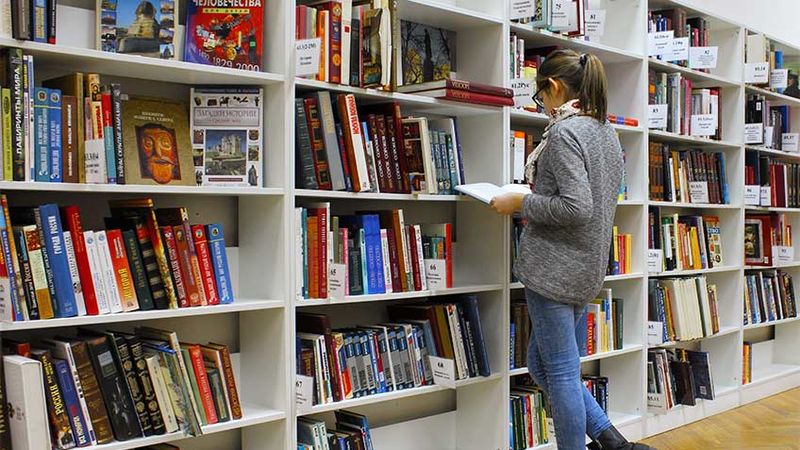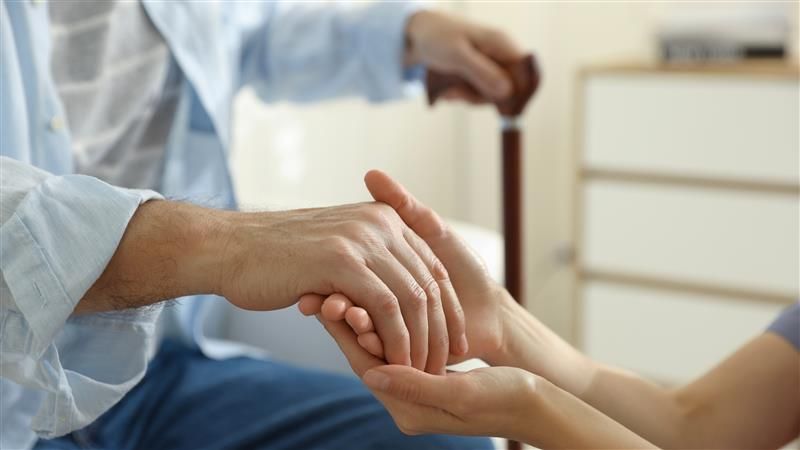And you can be a champion too.
Champions spread the word about the local support available to help residents make healthy choices – like moving more, making friends and seeking advice for money worries.
They also:
- organise community activities – such as walking groups, grow-your-own veg competitions or mindfulness sessions
- attend local events – like festivals and coffee mornings, to help raise awareness of free healthy lifestyle advice such as One You Kent
- signpost people to specialist support – including for drug or alcohol misuse
All champions gain nationally-recognised Royal Society for Public Health qualifications in Understanding Health Improvement and Understanding Mental Wellbeing. Currently some 40 champions qualify every year, with the latest 18 volunteers completing their training in April.
If you would like to join their ranks, you can find out more by emailing phworkforcedevelopment@kent.gov.uk.
After qualifying to be a Public Health Champion, Kellie Mills went on to set up a cycling group to support men struggling with their mental health.
The Fitness Co-ordinator at Gravesend Cyclopark said: “I didn’t realise how much help was being offered by organisations in my area. This ranged from healthy cooking classes for families to suicide prevention, to over-40s health checks to helping people deal with financial difficulties.
“I learnt how to promote local services and came away from the course enthusiastic about my plan to help others. I decided to put on my Black Dog Cycling Group after hearing about the terrifying statistics of men’s suicide.
“I thought of what we could offer at the Cyclopark with our amazing facilities: being outside in the fresh air along with exercise, learning a new skill and talking could only be positive thing.”
Thanks to funding from Active Kent & Medway and Gravesham Borough Council, cycling sessions ran in September and February. James, who suffers Social Anxiety Disorder and Health Anxiety and has experienced poor mental health for 26 years, was one of the men who took part.
Recalling his time with the group James said: “Our instructor Jimmy was welcoming and didn’t seem to look at us, or talk to us, like we were men who were ill or different. He was positive and enthusiastic and the other attendees were nice and supportive.
“One of the most important things for me was that (therapist) Mark gave each person a chance to speak. This is so important, especially if you lack confidence, because it means you don’t have to interrupt other people. You’re offered your own chance to contribute without having to find a gap to speak. I left that day feeling a great sense of achievement.”
Several weeks later, at the final session, James said: “Jimmy gave out participation medals. It might seem a bit of silliness to have those medals; but I valued mine as something to keep as recognition of my personal achievements that have contributed to my recovery and the rebuilding of my life.”
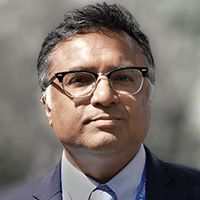
“A good Public Health Champion is a great listener, sensitive and supportive; they can also relate to people from diverse backgrounds who may not be aware of the services available, or confident or comfortable reaching out”
Kent County Council Director of Public Health, Dr Anjan Ghosh, said: “Kellie and James sum up what our Public Health Champions initiative is all about – inspiring people to help others make positive changes.
“A good Public Health Champion is a great listener, sensitive and supportive; they can also relate to people from diverse backgrounds who may not be aware of the services available, or confident or comfortable reaching out.
“As well as promoting health and wellbeing and giving something back to your community, becoming a champion is a chance to learn new skills. If you think you have what it takes to be one please do get in touch to find out more.”
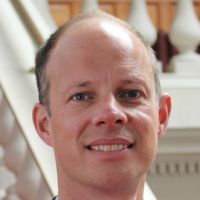
“Empowering more residents to make healthy choices and to access local services can make a big difference”
KCC Cabinet Member for Adult Social Care and Public Health Dan Watkins added: “Congratulations to our new Public Health Champions on qualifying. You join a special group of people who demonstrate the vital role volunteers play in breaking down health inequalities.
“Empowering more residents to make healthy choices and to access local services can make a big difference and give more years of better health.”
